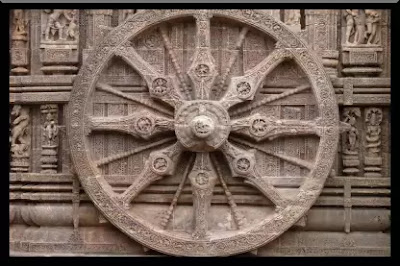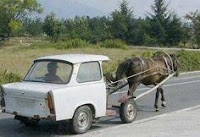Dropping the penny
This worked for me before. When I am feeling stuck, lost and unable to progress, I have set myself up for a change. 100 days worked for me best - a commitment to become something else in roughly three months! This is one such time. Pandemic is over, at least psychologically, and I am in the middle of a flurry of activities. But I am starting to feel burnt out. Too much bad work, the sort one has to do at a workplace but which leaves a bad taste at the end of the day, is cramming my schedule. On top of all this, I have this feeling of going in circles, not moving forward. I know I have to change something quickly. The pandemic has taken its toll. It induced a strange career see-saw: My work stalled at first and then I took on a project that sucked me in. I initially enjoyed getting back into action and did more than I was required to do. But, at the same time, I got into my comfort zone. The regularity of this engagement made me more secure than I like to be. I enjoyed some of the work,...



